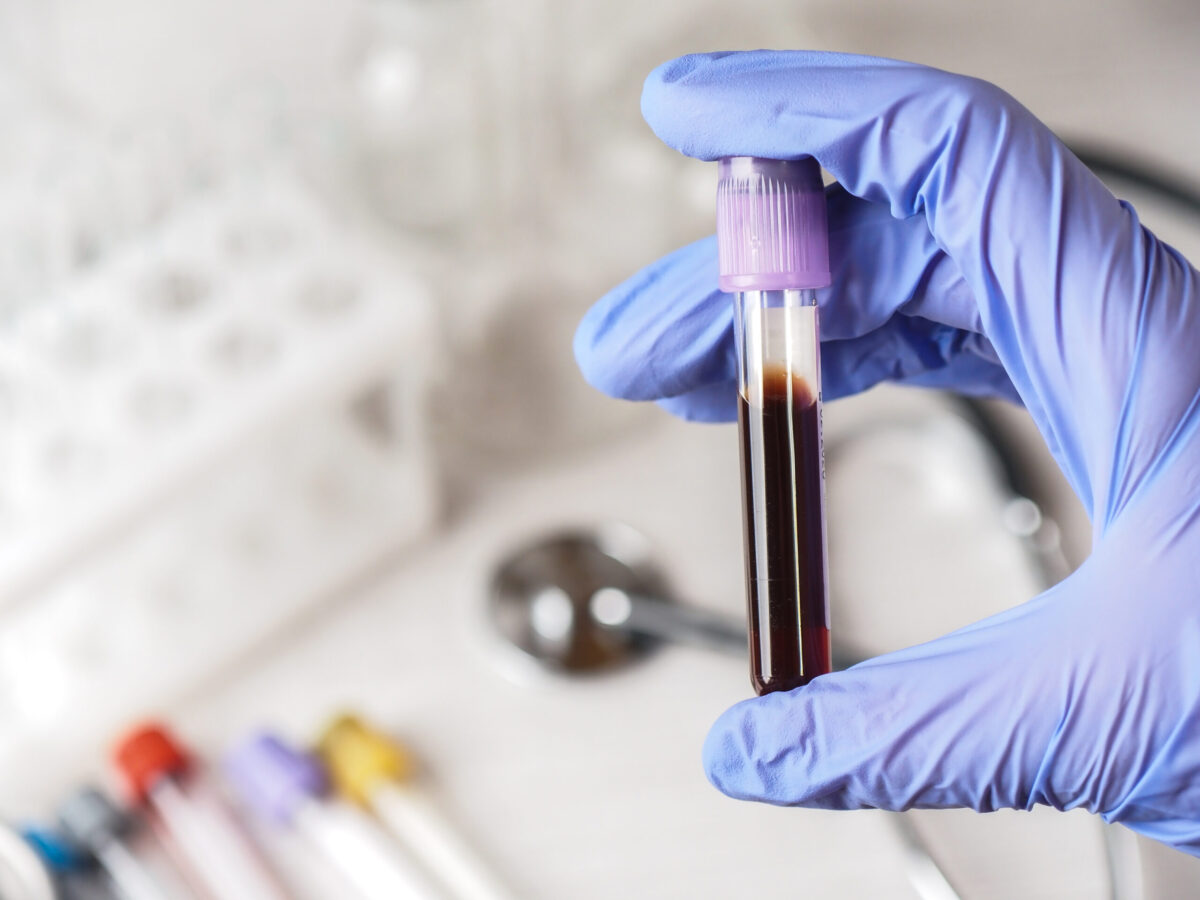While Mylan’s controversial EpiPen currently holds significant market share, the medical device is about to face some stiff competition. Kaleo Pharma – the company that owns the rights to a rival medical device – will reportedly begin marketing their product in early 2017.
The device, called Auvi-Q, was previously sold by Sanofi, however it was pulled from the market in 2015 amid concerns that the auto-injector was delivering inaccurate doses of epinephrine. Kaleo has yet to announce details regarding the pricing of the medical device.
“We’re focusing on returning Auvi-Q to the market as an alternative product that all patients can afford,” Kaleo chief executive Spencer Williamson told StatNews. “… We understand that price is central to this conversation. … I can assure you that at the end of the day, after we work with all the stakeholders, patients will have a low out-of-pocket cost.”
Kaleo’s decision to reintroduce the medical device comes at an opportune time as pricing for the EpiPen has become a controversial topic. Mylan is just one of the companies in the pharmaceutical and medical device industries who has faced criticism for their pricing practices.
A two-pack of EpiPens now sells for $608, which is a 548 percent price increase over the product’s cost ten years ago. In response to the rising costs, which are being passed from insurers onto patients, Mylan could begin selling a generic version of the EpiPen for $300.
Currently, the only available alternative to the EpiPen is a medical device known as the Adrenaclick, marketed by Amedra Pharmaceuticals. The device has seen an increased number of prescriptions lately, as physicians seek to help patients find a lower-cost version of the lifesaving medication.
While Teva Pharmaceuticals and Adamis have been developing EpiPen alternatives of their own, the US Food and Drug Administration (FDA) has not yet approved these devices. The regulatory agency has faced criticism over their approval processes, particularly when it comes to products, like the EpiPen, who have a near-monopoly on the market.
Like Mylan, Kaleo has recently been involved in some drug pricing inquiries of their own. In early 2016, Kaleo was contacted by two US Senators regarding the company’s decision to raise the price of an old drug, used to reverse opioid overdoses.
According to Kaleo, in an effort to get the Auvi-Q back on the market, they have “conducted a thorough manufacturing assessment and invested in new technology and quality systems to ensure accurate, reliable and consistent delivery from the product.” At present, it’s unclear exactly what regulatory steps Kaleo has taken to get this EpiPen alternative back into the pharmacy.












Join or login to leave a comment
JOIN LOGIN